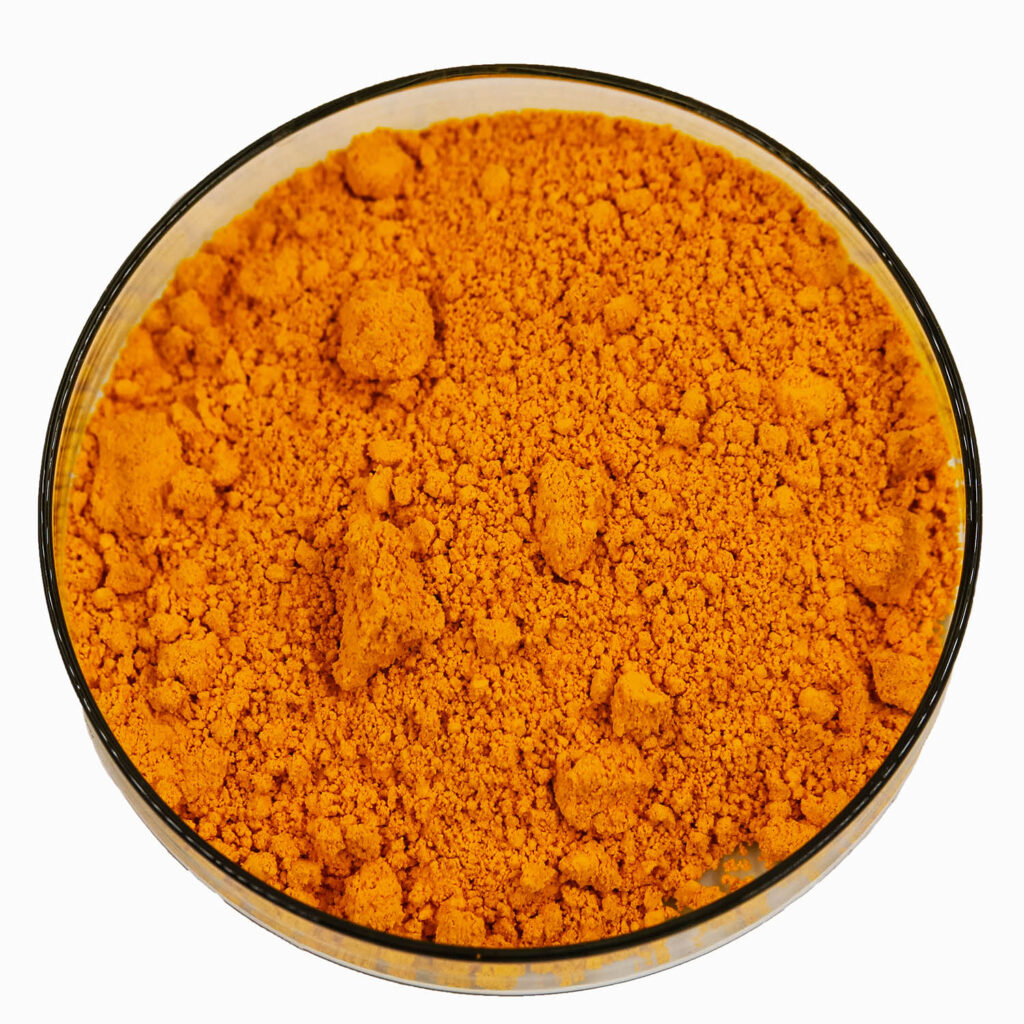Introduction: Why Quality Matters in CoQ10 Supply Chains
Coenzyme Q10 (CoQ10) is a cornerstone of mitochondrial health supplements, widely used for heart, energy, and anti-aging support. However, CoQ10’s effectiveness heavily depends on its purity, isomeric form, and formulation stability. For B2B buyers, importers, and contract manufacturers, understanding CoQ10’s quality parameters is crucial to ensuring product efficacy, regulatory compliance, and customer trust.

1. CoQ10 Forms: Ubiquinone vs Ubiquinol
- Ubiquinone: The oxidized form of CoQ10, stable, widely used in raw materials and supplements
- Ubiquinol: The reduced form, more bioactive but highly unstable in open-air formats
Buyer Insight: While ubiquinol is marketed as more absorbable, it often reverts to ubiquinone in storage or under heat/light. For raw material imports, ubiquinone remains more cost-effective and shelf-stable.
2. Purity Standards and Isomer Verification
- Purity Expectation: Pharmaceutical and food-grade CoQ10 should exceed 98.0% purity
- Cis vs Trans Isomers: Only trans-isomer CoQ10 is naturally occurring and biologically active
- Testing Methods:
- HPLC to determine isomer ratio
- DSC (Differential Scanning Calorimetry) for stability assessment
Red Flag: Suppliers that do not specify isomer composition or purity by HPLC may pose compliance risks.
3. Oxidative Stability and Shelf Life
CoQ10 is prone to oxidation and degradation when exposed to air, light, or high humidity.
- Stability Data Required:
- 12 to 36-month shelf-life testing under ICH conditions
- Packaging validation (opaque, nitrogen-flushed, moisture barriers)
- Storage Guidelines:
- Temperature: 15–25°C
- Avoid light and oxygen exposure
Buyer Tip: Ask for accelerated stability test reports and packaging specs during procurement.
4. Solubility and Delivery Formats
- Native CoQ10: Fat-soluble, poor bioavailability without formulation enhancements
- Improved Forms: Liposomal CoQ10, emulsified powders, cyclodextrin-complexed formats
Formulation Insight: Ensure compatibility with your delivery format (e.g., softgels, beverages, sachets). Liposomal and nano-emulsions offer better absorption in functional food applications.
5. Regulatory and Quality Certifications
- Standard Certifications:
- GMP / ISO 22000 / HACCP compliance
- Halal, Kosher, Non-GMO, and Vegan as market-specific add-ons
- COA with batch-specific third-party test results
Compliance Reminder: Confirm that your CoQ10 supplier is registered with appropriate food or health authorities (e.g., FDA, EFSA) for your destination market.
Conclusion: CoQ10 Quality Is Not One-Size-Fits-All
From isomeric purity to oxidative stability, CoQ10 quality control is a multi-parameter challenge. Buyers should move beyond commodity pricing and seek technical validation and documentation. Whether you’re sourcing for capsules, drinks, or functional powders, aligning with a transparent and tested supplier ensures both regulatory peace of mind and product performance.